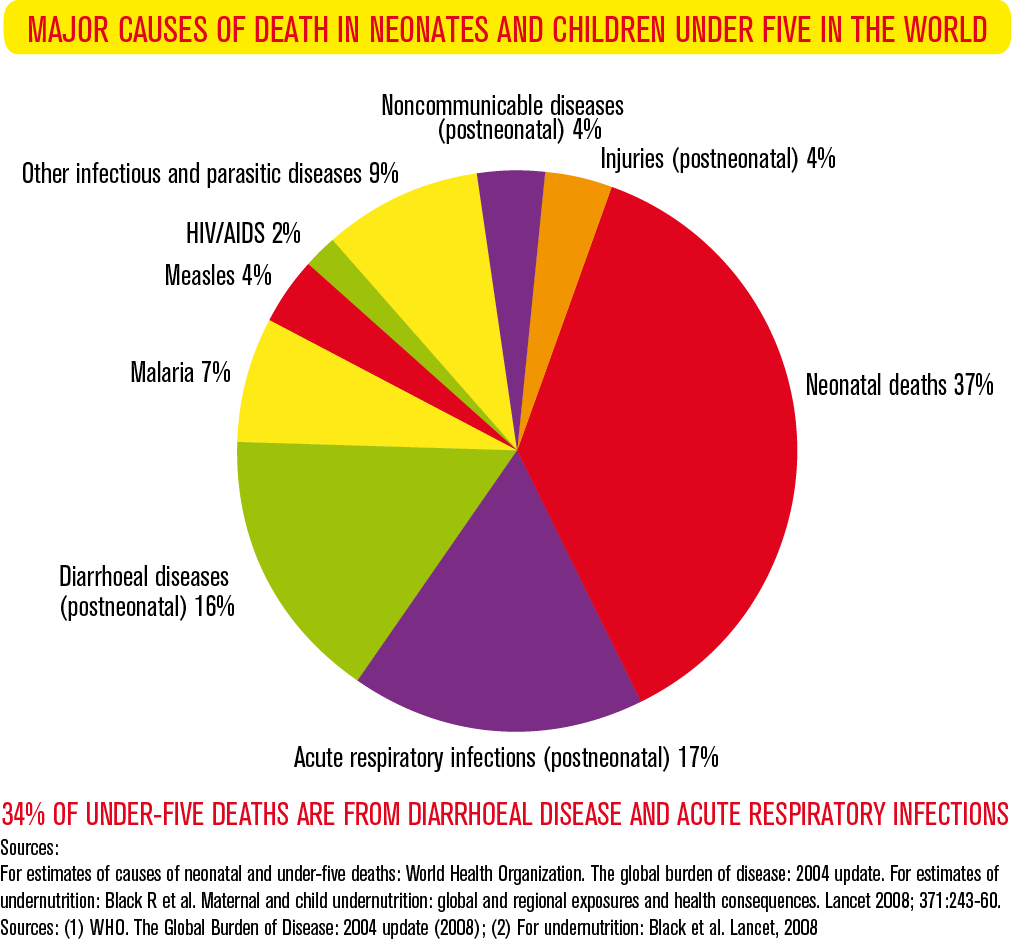Saving lives with a sense of urgency
As most of us know, deaths by preventable diseases are particularly prevalent in underdeveloped countries. That’s a fact. But we can help slow or stop the spread of these diseases by delivering life-saving soap and educating others on the importance of proper hygiene and improved sanitation.
Rob Phillips, guest blogger and Advisory Board Member at Clean the World, wrote this well-researched and thought-provoking blog post about the grim odds faced by many people in impoverished nations. He even provides sources for his research, in the event that you want to read more on this topic.
Statistics can’t tell the whole story, but they don’t have to. Clean the World knows that many people are in need of recycled soaps and bottled amenities, at home and abroad, to help fight preventable diseases. With your help we’ll create a “hygiene revolution” worth celebrating.
That’s why we’re planning another soap distribution Oct. 20-23 in Haiti. Our goal is to deliver 20,000 bars of soap (more than a ton) to various missions, homeless centers, schools and churches. We know the recycled soaps provided by our hotel partners and generous friends will go a long way toward improving the lives and living conditions of children and families in Haiti. We’ll share more details about the Haiti trip as our plans move forward. It’s just a small part of what we do, but it makes a world of difference.
As always, thanks for helping Clean the World.
Shawn Seipler
Executive Director
Clean the World
Executive Director
Clean the World
Death is for Poor People
by Robert Phillips, J.D.
by Robert Phillips, J.D.
In sub-Saharan and East Africa inside places like Mozambique and Zambia, owners of some of the most horrifying mortality statistics in the world, I would be at the end of my life expectancy(1); I am 42 years old.
Andy Rooney of 60 Minutes fame has been quoted as saying “Death is a distant rumor to the young.” (2)It is a profoundly naive and perhaps uniquely American thought.
With maliciously conspicuous precision and success, death pursues the world’s impoverished. In the world’s poorest nations, 36% of the population will die before the age of 14 compared to 1% of the population in the world’s wealthiest nations(3). Only 21% of global societies poorest citizens will reach the age of 70 compared to 70% of the wealthiest citizens. (4)Warren Buffett calls being born in America “winning the ovarian lottery.” (5)Statistically he is accurate.
Small children are the most at risk category of people and for the most preventable of reasons. In much of Africa, Asia and South America where extreme poverty is the most common denominator, diarrheal diseases and pneumonia are 2 of the top 3 leading causes of death in children under the age of 5. (6)In the modern world we have learned to prevent the transmission of these diseases with immunizations, clean water and proper sanitation including suitable latrines and handwashing. Diarrheal disease alone, which claimed nearly 2 million lives in 2004, (7)mostly young children, can be reduced by 52% (8)with proper handwashing with common bar soap.
If you do the quick math, nearly 600,000 kids could have been saved from an extremely painful death with a household item we take for granted. In these poor nations, it is the inability to stop the insidious, nutrient ravaging disease once it takes root from killing its target audience, but proper handwashing with soap can prevent the disease in the first place.
Even in the United States, we see higher incidences of diarrheal diseases in nursing homes and day care centers (9)where proper handwashing hygiene is tested and interpersonal transmission is more likely. But deaths from diarrheal diseases in wealthy countries, such as the United States, are infrequent.
In the late 1800’s and even into the early 1900’s as the New York City slums were teeming with new peoples in horrific living conditions we see in faded pictures, our nation underwent a hygiene revolution. Our scientists and civic leaders learned that microbial marauders were causing our children, our wounded, our birthing mothers and those of us unlucky enough to get a severe cold, to die. Improvements in personal hygiene behavior as well as sanitation and water supply infrastructures dramatically reduced the infectivity once suffered.
But in much of the developing world, 2 billion people are still at risk of dying due to infectious and transmittable diseases caused by a lack of sanitation;(10) they are still awaiting a “hygiene revolution” similar to what the wealthier countries of the world, including the United States, encountered in the late 19th and early 20th centuries.
Just imagine what recycling soap can do to save lives, especially among young children, and help Clean the World?
Endnotes:
Endnotes:
1 CIA: The World Fact Book: Life Expectancy at Birth https://www.cia.gov/library/publications/the-world-factbook
2 Quote Garden: Quotations About Death http://www.quotegarden.com/death
3 World Health Organization: Top 10 Causes of Death; Fact Sheet No 310; November 2008
4 Id.
5 My Philanthropic Pledge by Warren Buffett Fortune Magazine June 16, 2010
6 World Health Organization: Top 10 Causes of Death; Fact Sheet No 310; November 2008
7 Id.
8 “Soap Health Study, Karachi, Pakistan, 2002-03” conducted by Dr. Stephen Luby, Findings Published various times most recently November 2008, for Cal Berkeley “Critical Ignorance in Water, Sanitation and Hygiene”
9 Diarrheal Diseases 101: Diarrhea Got You Down in the Dumps? Ingrid Koo, Ph. D., About.com, Nov. 10, 2008
10 UNICEF/WHO Joint Monitoring Programme (2000) Global Water Supply and Sanitation Assessment, page 6
2 Quote Garden: Quotations About Death http://www.quotegarden.com/death
3 World Health Organization: Top 10 Causes of Death; Fact Sheet No 310; November 2008
4 Id.
5 My Philanthropic Pledge by Warren Buffett Fortune Magazine June 16, 2010
6 World Health Organization: Top 10 Causes of Death; Fact Sheet No 310; November 2008
7 Id.
8 “Soap Health Study, Karachi, Pakistan, 2002-03” conducted by Dr. Stephen Luby, Findings Published various times most recently November 2008, for Cal Berkeley “Critical Ignorance in Water, Sanitation and Hygiene”
9 Diarrheal Diseases 101: Diarrhea Got You Down in the Dumps? Ingrid Koo, Ph. D., About.com, Nov. 10, 2008
10 UNICEF/WHO Joint Monitoring Programme (2000) Global Water Supply and Sanitation Assessment, page 6
http://feeds2.feedburner.com/ctwf








